

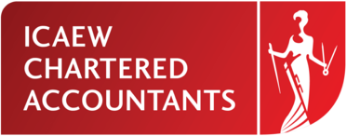
As a leading accounting firm in the UK, we understand the importance of accurately determining the true value of any business. To do this, you need a fair, accurate and honest process of assessing a company's fair market value expressed in monetary terms.
In other words, you need a way to accurately estimate, considering all the relevant factors, how much a buyer would be willing to pay to the seller in an arm's length transaction.
In essence, you need a company that offers business valuation services.
And the great news is that Prescient Accounting offers professional business valuations that present a coherent and accurate summary of your company's market value.
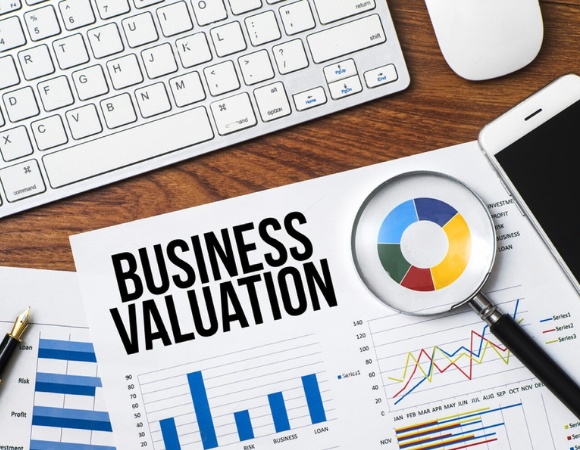
Let us know what you need from your accountants, we’re happy to help.
We believe that the role of the accountant is much more than dealing with pure compliance. That’s why we’re offering a free video or telephone call with one of our team of chartered accountants, to give you straightforward and open dialogue about your tax and accounting affairs.

If you are considering selling a house, you need to get a fair and realistic appraisal of its value, so you call in an expert to go through the process.
Business valuation follows a similar principle, but applied to your company. It's the process of estimating the true market value of your business, expressed in pounds sterling.
The process typically involves several proven valuation methods, including:
Imagine being able to see into the future and unveil your company's earnings potential. This is the basic principle behind Discounted Cash Flow (DCF) valuation.
DCF forecasts the cash flow your business is anticipated to generate in the years ahead, and it works like this:
Imagine your company operating alongside similar businesses within your industry. Market multiples use this concept to establish a valuation benchmark.
Here's a closer look:
This approach makes the most of the collective wisdom of the market to determine a reasonable valuation based on how similar businesses are currently being valued.
Remember: While DCF offers a forward-looking perspective based on projections, market multiples provide a valuation anchored in current market realities. Combining these methods, along with an in-depth understanding of your company's unique strengths and net assets, provides a robust and comprehensive valuation that reflects your true worth in the marketplace.
Imagine valuing your business solely based on its physical assets. That's the core principle behind this method, which calculates the fair market value of your tangible assets - essentially, what they would fetch if sold individually on the open market.
Here's a breakdown of what this entails:
Our team reviews your inventory, considering the current market value of the raw materials and finished goods you possess.
Buildings, machinery, and equipment are accurately appraised to determine their present worth in the current market. Depreciation, which reflects the wear and tear these assets experience over time, is also factored in to arrive at a realistic valuation.
Your company's investments, such as shares in other businesses or property, are assessed based on their current market value.
It's important to acknowledge that this valuation method alone doesn't paint the whole picture. While it provides a valuable baseline understanding of your company's worth based on its tangible holdings, several crucial aspects are not captured:
Therefore, asset valuation serves as a foundational element within a comprehensive business valuation process. By combining it with methods like DCF and market multiples, a more holistic and accurate assessment of your company's true value (which includes tangible and intangible assets) in the marketplace can be achieved.
In today's dynamic business landscape, understanding your company's true value is paramount. Business valuation offers more than just a number; it equips you with strategic insights to unlock a wealth of benefits for your UK business.
Informed decision-making is a cornerstone advantage. Accurate company valuation empowers you to negotiate effectively during critical junctures like acquisitions, mergers, or even selling your business. Strategic planning is another key benefit. By understanding your company's worth, you can set realistic goals, allocate resources efficiently, and make informed investment decisions, propelling your long-term success.
Read More
Furthermore, attracting investment becomes easier. A good valuation bolsters your position with potential investors, acting as demonstrable evidence of your company's financial health and future potential.
Business valuation reports also play a crucial role in legal matters and tax planning, ensuring a smooth transition of ownership during estate planning and providing a neutral basis for resolving shareholder disputes.

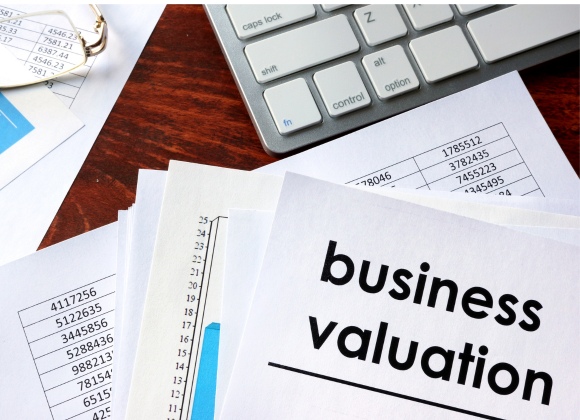
A typical valuation report in the UK costs approximately £2,500 plus VAT, although it depends on the size of the business interests under scrutiny.
Business valuation calculators are available online, but these rarely provide accurate or useful information.
For a true market valuation, especially for private businesses, you need an expert in the field, like Prescient Accounting.
Using our deep understanding of the subject alongside years of expertise, we examine how your business operates (working with your Corporate Finance department, if necessary) to provide a current valuation that empowers you to make informed decisions and unlock your business's true potential.
Contact us today for a free consultation and to discover more about our comprehensive accounting services.



Business valuation entails estimating the economic value of a company's worth. It's crucial for informed decision-making during sales, mergers, or strategic planning.
In the UK, a business is valued through several approaches, including asset-based, earnings-based, and market value methods, depending on the company's nature and goals.
The primary methods include the asset-based approach, the earnings multiplier, and the market valuation method, each offering different insights into a company's worth.
A business should be revalued annually or whenever significant changes occur, such as market shifts or major financial adjustments, to maintain an accurate valuation.
Essential documents include financial statements, asset inventories, and operational data. These provide a comprehensive view of the company's financial health for valuation.
Yes, understanding your business's value can highlight areas for improvement, attract investors, and guide strategic decisions, positively impacting financial health.
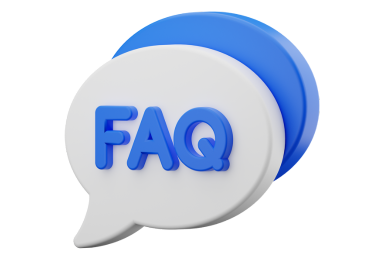
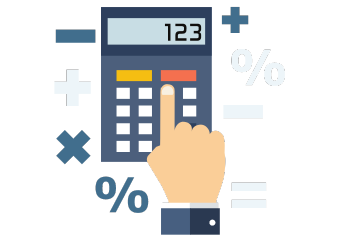
We believe that the role of the accountant is much more than dealing with pure compliance. That’s why we’re offering a free video or telephone call with one of our team of chartered accountants, to give you straightforward and open dialogue about your tax and accounting affairs.